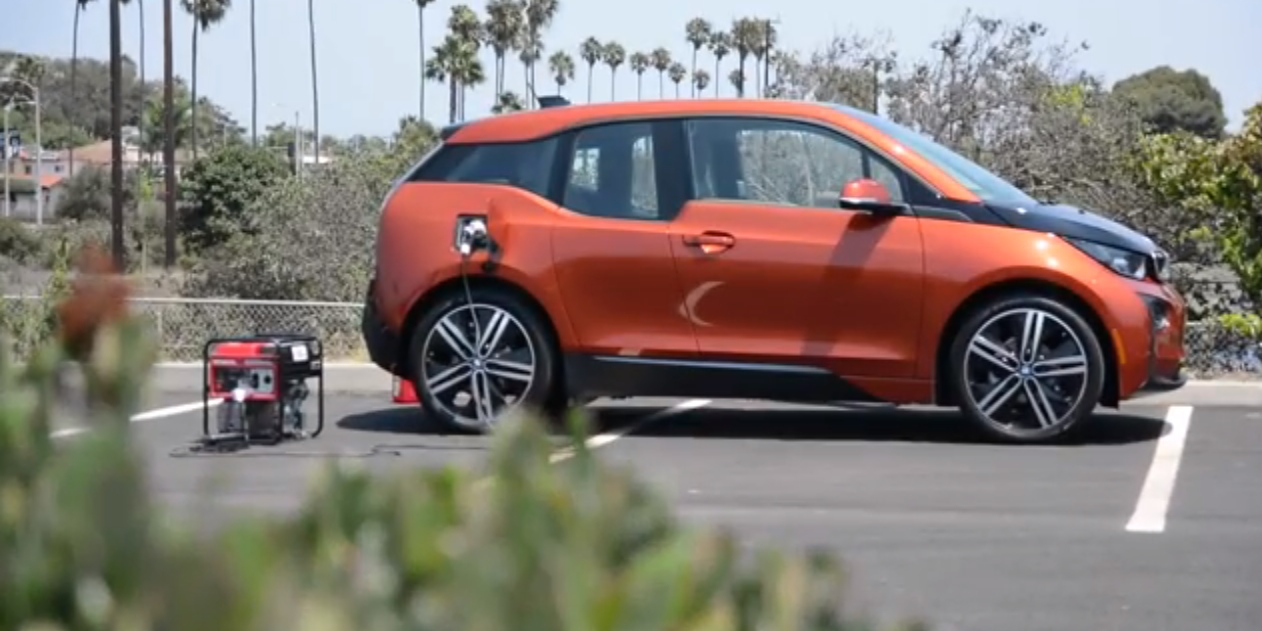Originally Posted By: goodtimes
Did you apply for the PGE $500 rebate? If the first owner didn't, you may qualify if you have PGE, What oil filter will you use? I noticed the 12 cent/gal tax hike on gas also means a $100 per year license fee on EV vehicles since they use the roads but don't use gas. I don't think the Volt will have to pay it as it does use gas and I think it will require a smog test. Not 100% sure though.
The new model is nice, but I bought a used 2014 instead this year. I want a CD player, and CR gave the new model a much worse than average reliability rating in it's first year while the first gen was average. The first gen has a German Opel designed USA made engine and a Japanese transmission.
I'm in So Cal Edison land. No electric company rebates for me.
Oil filters that will work: PF65 (oem recommendation), M1-101, XG3387A, MicroGreen 200-6
Oversized: M1-201, MicroGreen 300-6
Right now I have a MicroGreen 200-6
Don't know how much registration will go up for my Volt when Jerry's law kicks in.
One reason I got the last year of the first generation is it is better debugged than a new design. I think the engine is US, the battery cells are Korean, the battery is assembled in the US, and the transmission is US.
It's been reliable, but a bit wonky - computers occasionally rebooting, the key fob doesn't work 1% of the time (No big deal, there's a backup method to start the car). Overall, I like the car.

